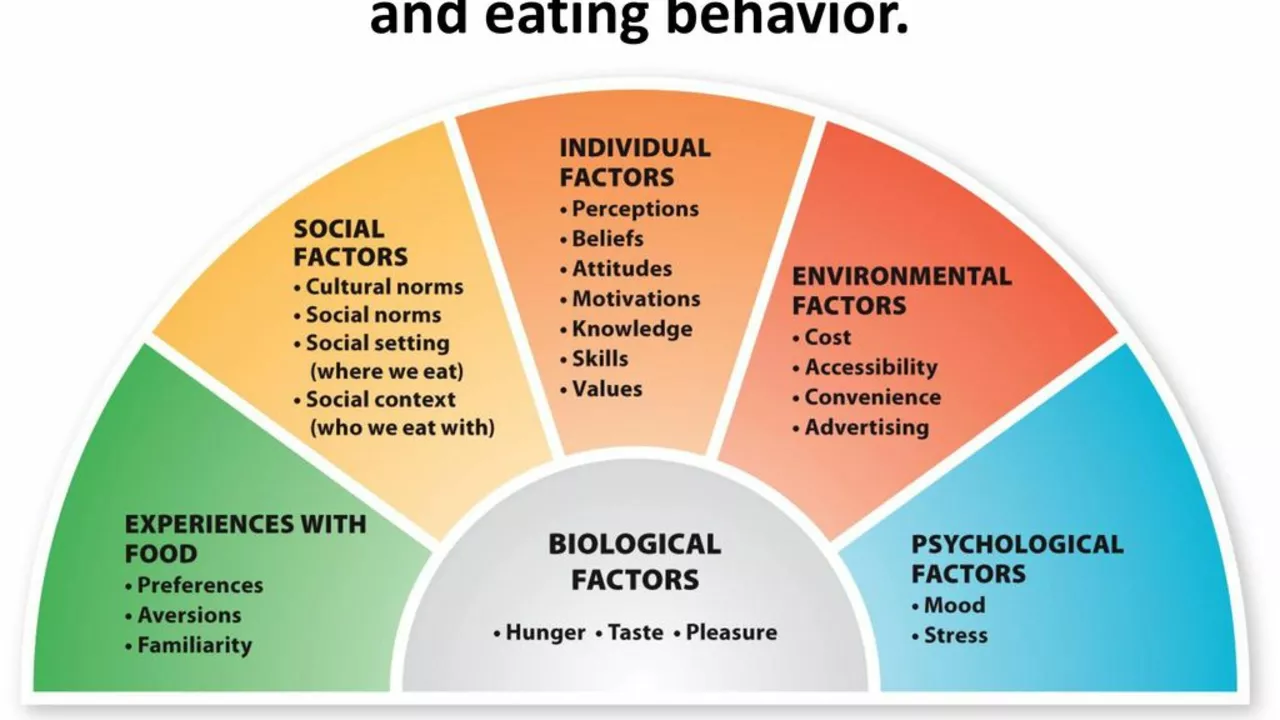Understanding the Cultural Basis of Alcohol Prohibition
Firstly, it's important to understand that the aversion to alcohol consumption in many Indian families has deep cultural roots. Many Indian religions, including Hinduism, Jainism, and Islam, discourage or outright prohibit the consumption of intoxicating substances. This religious belief has traditionally extended to the cultural sphere, with many Indian families viewing alcohol as a morally harmful substance. This perspective is not entirely groundless, as excessive alcohol consumption can indeed lead to a multitude of health and social problems.
The Influence of Traditional Values
In many Indian families, traditional values play a significant role in their way of life. The consumption of alcohol is often seen as a deviation from these values. Many believe that it leads to the erosion of respect for elders and the sanctity of the family structure. It is often associated with a loss of self-control, which is seen as a sign of weakness or moral failure. This is why many Indian families have a strong aversion to alcohol consumption.
Impact on Family Relationships
Alcohol consumption is often viewed negatively because of its potential to harm family relationships. Excessive drinking can lead to disruptive behaviour, verbal and physical abuse, and financial instability, all of which can cause significant strain on family ties. In the Indian context, where the family unit is highly valued, anything that could potentially harm this unity is often seen as bad.
The Social Stigma of Alcohol Consumption
There is a significant social stigma attached to alcohol consumption in India, particularly in rural areas and among certain social groups. This stigma can often lead to social ostracism and loss of reputation, which are considered highly detrimental in Indian society. Therefore, many Indian families discourage alcohol consumption to avoid these potential social repercussions.
Health Concerns
Health issues related to alcohol consumption are another significant reason why it is viewed negatively in Indian families. Excessive alcohol consumption can lead to a variety of health problems, including liver disease, heart disease, and mental health issues. These health risks often serve as a deterrent for many Indian families.
The Consequences of Alcohol Addiction
The potential for addiction is another factor that contributes to the negative view of alcohol in Indian families. Alcohol addiction can result in significant social, financial, and health problems, and it can even lead to death. Many Indian families are acutely aware of these risks and therefore, discourage alcohol consumption.
Fear of Legal Consequences
In certain states in India, alcohol consumption is illegal. This means that individuals caught drinking can face legal repercussions, including fines and imprisonment. The fear of these legal consequences often acts as a deterrent for many Indian families.
Impact on Society
Many Indian families are concerned about the societal impact of alcohol consumption. They believe that excessive drinking can lead to an increase in crime, domestic violence, and other social issues. This concern about the broader societal impact often drives the negative perception of alcohol consumption in Indian families.
The Role of Gender
Gender plays a significant role in the perception of alcohol consumption in Indian families. While drinking is somewhat more accepted among men, it is often strictly forbidden for women. This is due to traditional gender norms and expectations, which view alcohol consumption as a male activity and consider it inappropriate for women.
Changing Attitudes toward Alcohol
Despite these traditionally negative views, attitudes toward alcohol consumption are slowly changing among many Indian families, particularly in urban areas and among younger generations. Many are starting to view moderate drinking as a personal choice rather than a moral failing. However, it will likely take time for these changing attitudes to become more widespread, given the deep cultural and religious roots of the traditional views on alcohol.
